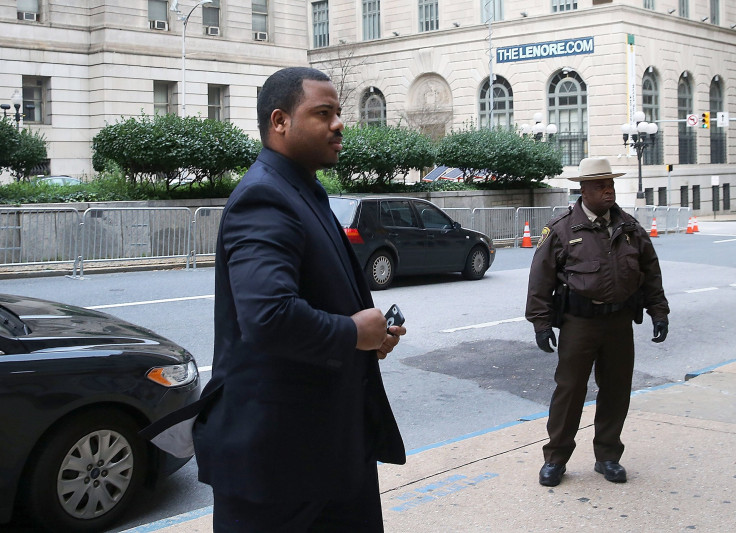What Is A Hung Jury? Freddie Gray Death Trial Ends In Mistrial For Baltimore Officer William Porter

The court case against a Baltimore police officer charged with being involved in the April death of Freddie Gray ended Wednesday in a mistrial, the result of a hung jury. Some people may not be familiar with certain legal terminology, perhaps leading them to wonder what exactly a hung jury is.
In short, a hung jury means that the members of any given jury cannot reach a clear consensus to deliver a unanimous verdict. The American Bar Association supplied a more technical definition:
If the jurors cannot agree on a verdict, a hung jury results, leading to a mistrial. The case is not decided, and it may be tried again at a later date before a new jury. Or the plaintiff or government may decide not to pursue the case further and there will be no subsequent trial.
MORE: Baltimore judge declares mistrial following hung jury in Freddie Gray murder trial https://t.co/THHiKYURty pic.twitter.com/xH7g1s1SJJ
— Intl. Business Times (@IBTimes) December 16, 2015
HERE
Given that definition, it is not immediately clear if William Porter will face another trial in the case that left a 25-year-old black man from West Baltimore with a lethal spinal injury sustained during or after his arrest. Porter was on trial for manslaughter, second-degree assault, official misconduct and reckless endangerment. The jury had been deliberating since Monday afternoon, and five other officers charged in connection to Gray's death are slated to stand trial at a later date.
"It is now up to State's Attorney Marilyn Mosby to determine whether to further pursue criminal charges," Baltimore Mayor Stephanie Rawlings-Blake said in a brief statement tweeted shortly after the mistrial was declared.
— Mayor Rawlings-Blake (@MayorSRB) December 16, 2015© Copyright IBTimes 2025. All rights reserved.






















